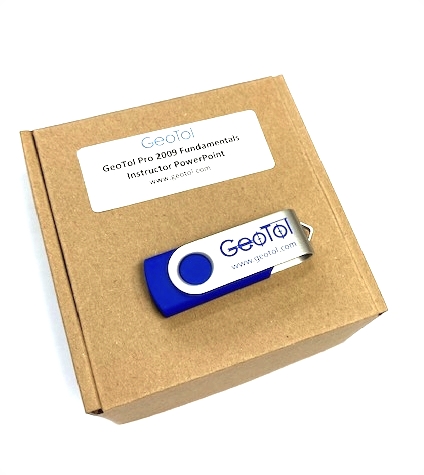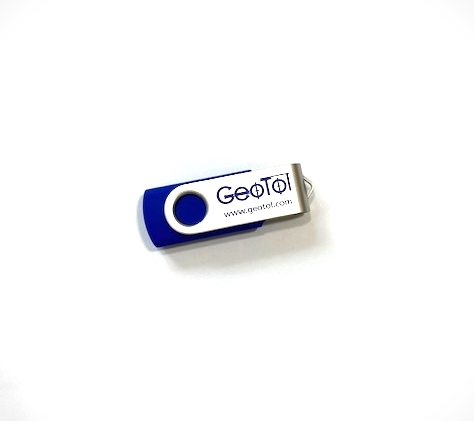Description
The GeoTol Pro Fundamentals PowerPoint slides are based on the latest ASME Y14.5M-2009 standard. There are about 1700 slides in sharp full-color vector-style graphical format. It is a complete ready-to-use program that allows a leader to present the GeoTol Fundamental concepts to the students. Many of the slides are animated for an exciting presentation. The slides follow along with the GeoTol Pro Fundamental 2009 workbook. Page numbers on the slides correspond to the pages in the workbook so it is easy for the students to follow along. The PowerPoint Kit is open architecture so you may add your own slides to customize the training to your specific needs. The ASME Y14.5M 2009 PowerPoint slides contain all the student workshop exercises along with the solutions. There are also instructor notes to aid the leader in delivering an informative presentation. This PowerPoint kit will save hundreds of hours in development time. It is a proven top quality exciting professional level program that can be used over and over. The optional wood and plastic leaders model kit can be added for an exciting 3-dimensional learning presentation. PowerPoint comes in USB format.

